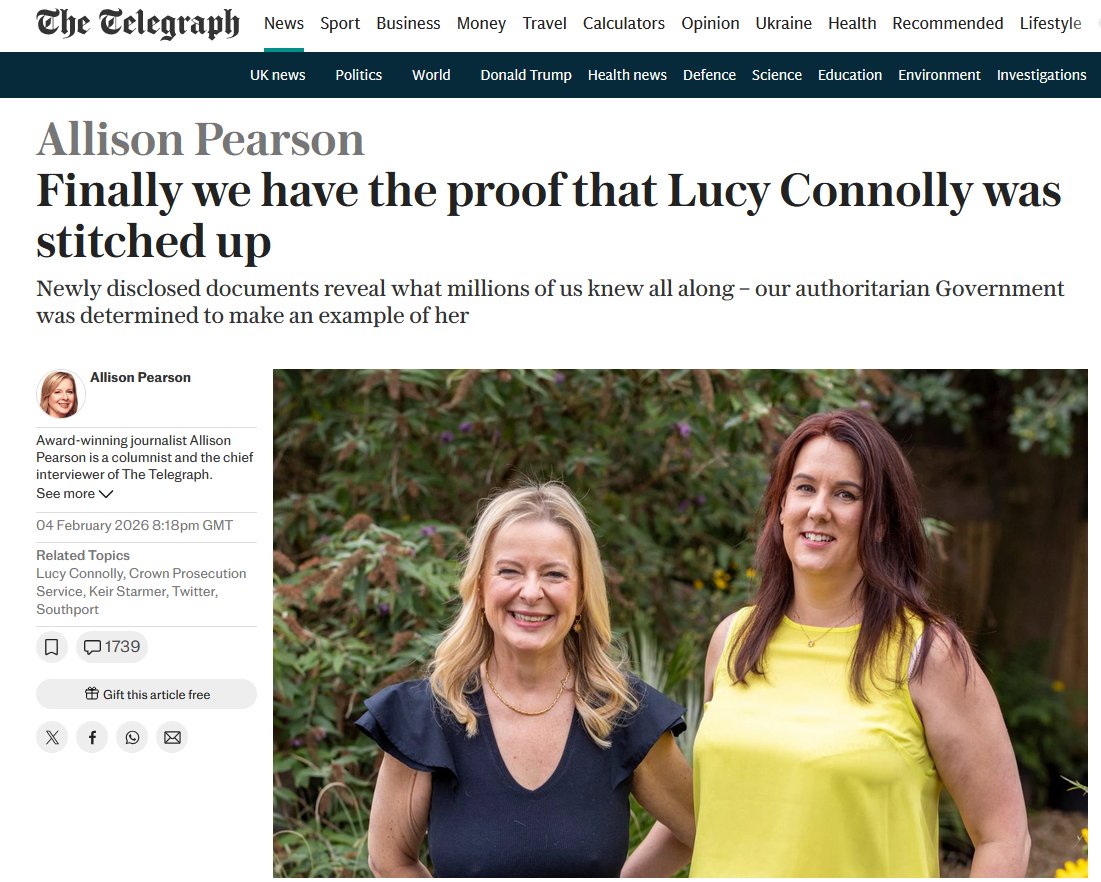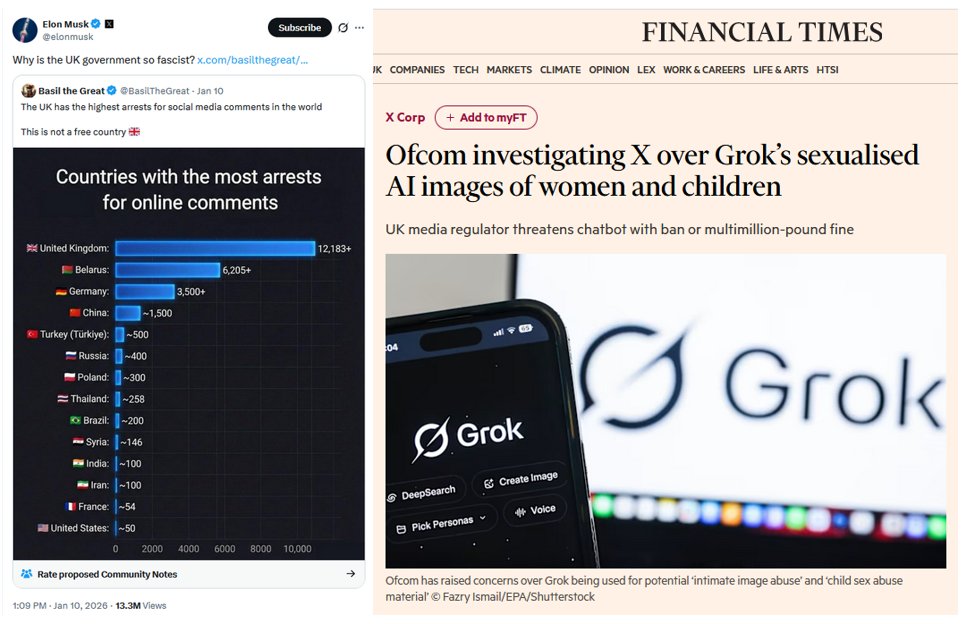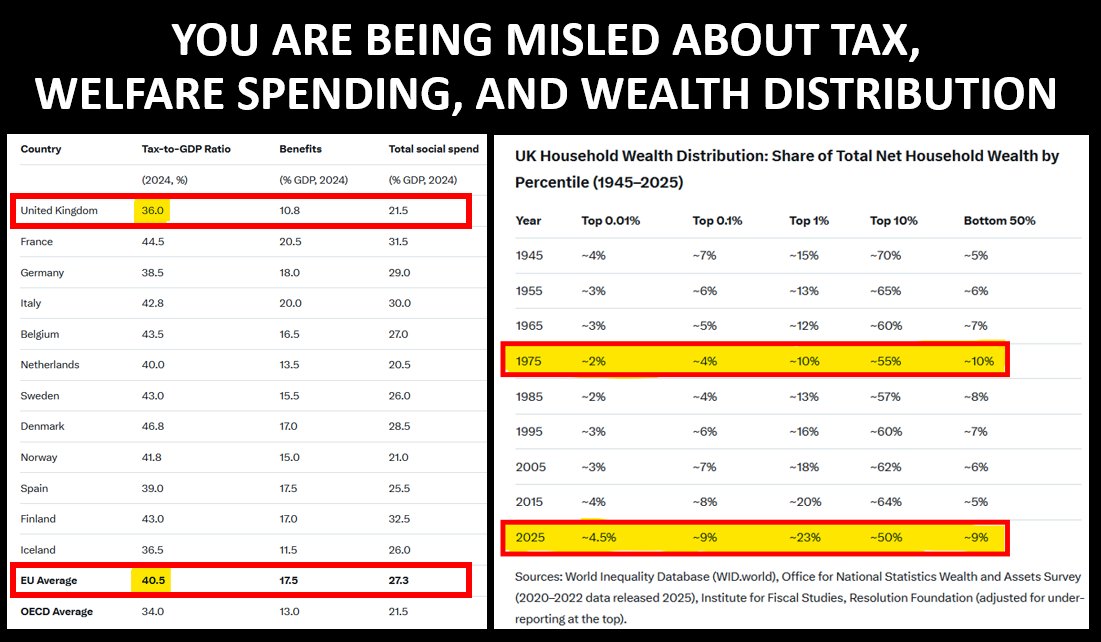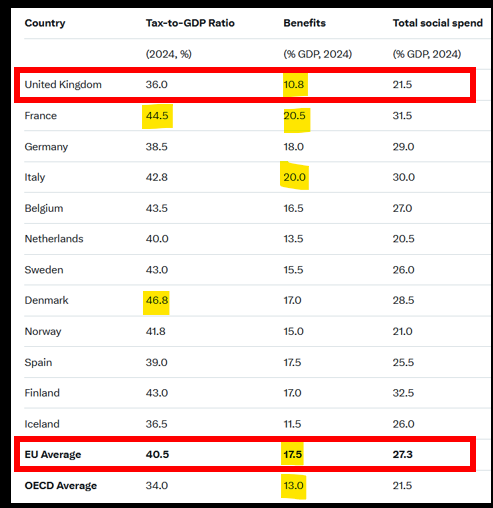#THREAD
New research into public attitudes to democracy in the UK shows integrity is valued above all other traits in a politician.
When asked which traits politicians should have, “being honest” came top, followed by “owning up when they make mistakes”.
ucl.ac.uk/constitution-u…
New research into public attitudes to democracy in the UK shows integrity is valued above all other traits in a politician.
When asked which traits politicians should have, “being honest” came top, followed by “owning up when they make mistakes”.
ucl.ac.uk/constitution-u…
When respondents were asked to “imagine that a future prime minister has to choose between acting honestly & delivering the policy that most people want”, 71% chose honesty & only 16% delivery.
#DowningStreetParties
#DowningStreetParties

When asked if they agreed more that “healthy democracy requires that politicians always act within the rules” or that “healthy democracy means getting things done, even if that sometimes requires politicians to break the rules”, 75% chose the former & just 6% the latter. 
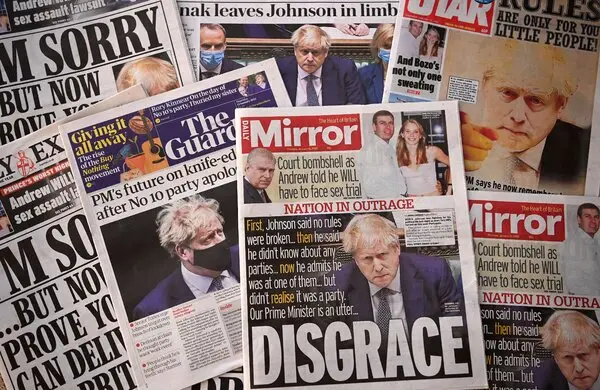
These findings come from the summer – BEFORE the Owen Paterson affair & the #DowningStreetParties.
They are not knee-jerk reactions to short-term headlines.
The overwhelming majority of voters expect politicians to act honestly & follow the rules.
They are not knee-jerk reactions to short-term headlines.
The overwhelming majority of voters expect politicians to act honestly & follow the rules.

Also, voters do not want power to be unduly concentrated in the hands of the PM & their govt. Many favour at least somewhat greater powers for parliament – 45% think MPs should decide what the House of Commons debates, against 30% who think the PM or government should do so. 

When asked about whether judges should play a role in resolving whether a new law violates rights, between 65% & 77% of respondents said that the courts should have their current powers under the Human Rights Act or even be given stronger powers to strike down laws directly. 

The reason for these answers appears clear: most people don’t trust politicians, and they trust the politicians closest to power least. They therefore welcome limits on what those in power can do.
Research & article by prof Alan Renwick, UCL.
theconversation.com/voters-value-h…
Research & article by prof Alan Renwick, UCL.
theconversation.com/voters-value-h…
"People in the UK expect their leaders to act with integrity – and they expect a system of checks and balances on executive power to be maintained. A leader who violates these principles harms him or herself and damages confidence in democracy." 

• • •
Missing some Tweet in this thread? You can try to
force a refresh


